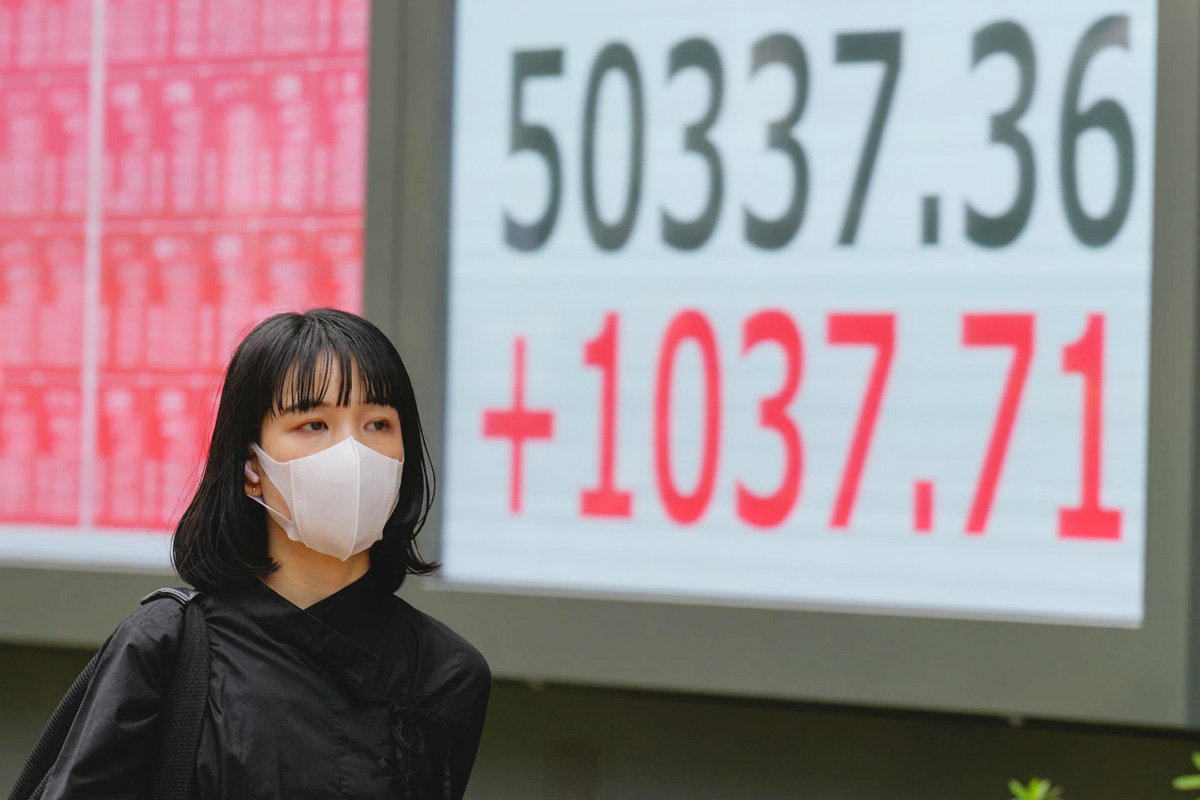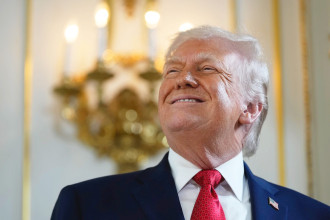
Asian stock markets retreated on Friday, following a sharp tumble on Wall Street, as shares of Nvidia and other high-flying artificial intelligence (AI) companies fell amid concerns that their valuations have become overstretched.
U.S. futures declined while oil prices advanced.
In South Korea, the Kospi led the regional slide, dropping 3.8% to 4,011.57, driven by heavy selling of technology shares. Samsung Electronics lost 5.5%, SK Hynix fell 8.5%, and LG Energy Solutions declined 4.4%. Taiwan’s Taiex slipped 1.8%.
Japan’s Nikkei 225 fell nearly 1.8% to 50,376.53, reversing gains from the previous day, with SoftBank Group plunging 6.6%. In China, Hong Kong’s Hang Seng index shed 2% to 26,539.74, while the Shanghai Composite dropped 1% to 3,990.49.
Data released on Friday indicated that China’s factory output grew at a 14-month low of 4.9% year-on-year in October, down from 6.5% in September and below market expectations of 5.5%. Investment in fixed assets, including factory equipment, fell 1.7% during the January–October period, with weakness in property investment cited as a key drag on business spending.
In Australia, the S&P/ASX 200 fell 1.4% to 8,634.50 after a strong jobs report reduced hopes for an interest rate cut by the Reserve Bank of Australia. India’s BSE Sensex slid 0.3%.
Thursday saw one of Wall Street’s worst days since April. The S&P 500 sank 1.7%, the Dow Jones Industrial Average fell 1.7% and the Nasdaq composite lost 2.3%. Nvidia led the decline after dropping 3.6%, while other AI-related stocks, including Super Micro Computer (-7.4%), Palantir Technologies (-6.5%) and Broadcom (-4.3%), also struggled.
Investors have raised concerns over the sustainability of AI stock gains, which have been among the drivers of record-high U.S. equity markets despite slowing employment growth and persistent inflation. Comparisons have been drawn to the dot-com bubble of 2000, which ultimately saw the S&P 500 lose nearly half its value.
Concerns over whether the Federal Reserve will deliver further interest rate cuts have also weighed on the market. The probability of a third rate cut this year has fallen to roughly 52%, down from nearly 70% a week ago, according to CME Group data.
Meanwhile, oil prices rose, with U.S. crude adding 90 cents to $59.59 per barrel and Brent crude climbing 86 cents to $63.87 per barrel. The U.S. dollar strengthened slightly to 154.55 Japanese yen, while the euro edged up to $1.1637.



-1770974468.jpg)


